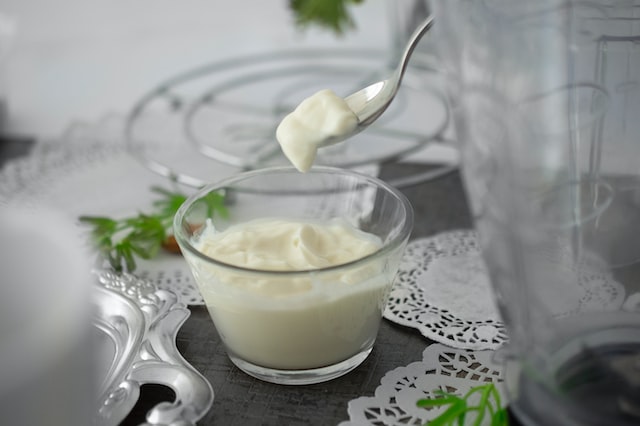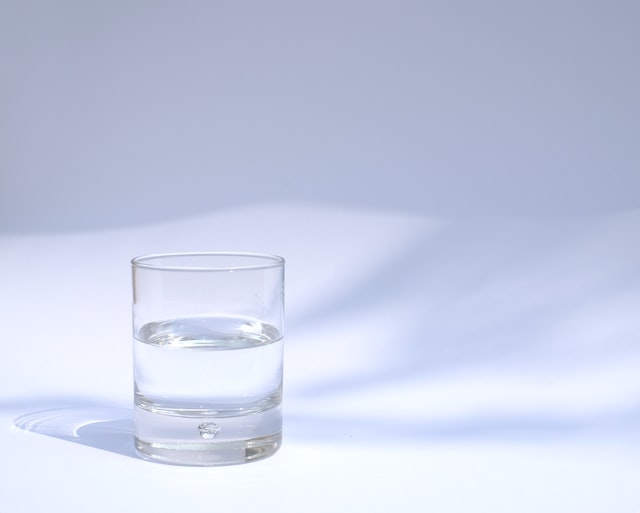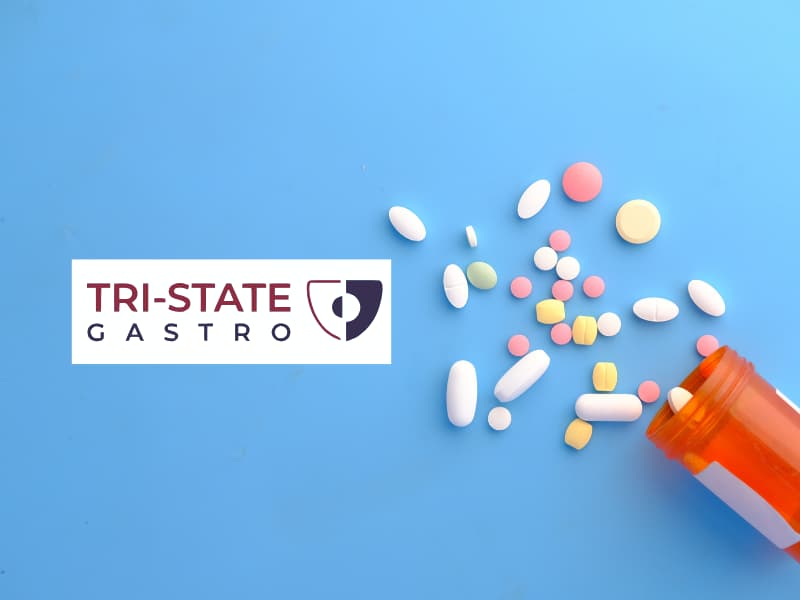Antibiotics have saved billions of lives since their invention. Therefore, we should be extremely grateful for them. Nevertheless, like all drugs, they inevitably have some side effects. Mainly, while they kill the bad bacteria that infect your body, they also kill the good bacteria in the process. As a result, they disrupt your gut microbiome, which is essential for your overall health. If left untreated, this can lead to serious health issues. At the same time, abusing antibiotics for long periods can lead to liver damage and other severe conditions. Therefore, taking care of your gut microbiome should be a top priority after taking a course of antibiotics. Take a look at this guide on how to heal your gut after antibiotics.
No. 1 Determine the extent of the damage caused by the antibiotics
Before diving into how to heal your gut after antibiotics, you should determine the extent of the damage. Because the more extensive the damage, the longer it will take to heal. While you can’t measure this precisely, you can estimate the damage based on these factors:
- The type of antibiotic. Most of the time, if doctors don’t know what specific type of bacteria is causing your infection, they’ll prescribe you a broad-spectrum antibiotic. While the effectiveness of this type of drug is much higher, it also causes a lot more damage to your microbiome than narrow-spectrum ones.
- The number of antibiotic courses and their duration. This is fairly simple. The higher the frequency and duration of antibiotic courses, the more severe the damage to your gut health.
- The patient’s age. If you’re a parent, you should know that the first years of your child’s life are essential for developing a lifelong healthy gut. Therefore, misusing prescribed antibiotics can cause extensive damage to your child’s gut.
No. 2 One of the best ways to heal your gut after antibiotics is to take probiotics
First, don’t listen to the common myth that probiotics are useless for gut health. This is simply not true. However, you should know that not every probiotic will have the same effect on every person. Nevertheless, the right strain of probiotics can help protect your gut if you take it during the antibiotic course. Specifically, you should administer them 2-4 hours after the antibiotic dose. Once you finish the antibiotic treatment, you should continue taking probiotics to promote the colonization of new bacteria in your gut.
No. 3 Eat more fermented foods
The major concern regarding antibiotics is that they kill the good bacteria in your gut. Therefore, finding ways to recolonize your microbiome is key. While probiotic supplements are a great solution, they can’t provide enough diversity of bacteria on their own. Thus, you should give them a helping hand by adjusting your diet.
One of the first things you can do is to eat more fermented foods. The best options here include kombucha, miso, kefir, cultured milk, and yogurt. Be advised that store-bought products contain little bacteria. Therefore, you should produce them at home for better results.

Eating fermented foods, like yogurt, will help heal your gut after antibiotics.
No. 4 Increase your intake of prebiotic foods
The main role of probiotics is to colonize your gut with new bacteria. However, if you want that new bacteria to grow and thrive, you have to nourish them. And this is where prebiotic foods come into play. Apart from promoting good bacteria growth, they also help create short-chain fatty acids, which also improve gut health. Some of the best sources of prebiotics are dandelion greens, chicory root, whole oats, garlic, apples, and green bananas.

Prebiotic foods, like apples, help colonize your gut with new bacteria.
No. 5 Reduce your stress levels
Unfortunately, you can’t heal your gut only by taking supplements and adjusting your diet. Your overall lifestyle has a big impact on gut health. And stress is a major contributor in this case. Studies show it can have severe short-term and long-term effects on your gastrointestinal tract. Not to mention that it can aggravate preexisting conditions. Therefore, reducing your stress levels is crucial.
Unfortunately, this is not always easy to accomplish. After all, we all have a lot on our plate. Everything from work-related issues to financial and family issues results in a lot of stress. One solution would be to delegate as much as possible. For instance, if you’re planning on moving, the experts from Pro Movers Miami advise you to hire movers to take care of all the packing and unpacking. Plus, you shouldn’t hesitate to ask friends and family to help as well. This will make the entire process less stressful.
No. 6 Get plenty of rest
Did you know that lack of sleep can affect gut health? More precisely, studies suggest that it can slow down the metabolism and cause constipation and inflammation. Thus, it should come as no surprise that lack of sleep will also prevent your gut from healing properly after antibiotics. So, how can you improve the quality of your sleep? By eating healthily, working out, relieving stress, and staying away from screens at least one hour before going to bed.
No. 7 Don’t forget to hydrate
Drinking water has many health benefits, including improving your gut health. Specifically, it helps break down food, thus enabling the body to absorb nutrients. It also has a positive effect on the mucosal lining of the intestines, and it promotes good bacteria growth. Therefore, make sure you drink plenty of water daily. If you usually forget to hydrate, you currently have apps specifically designed to remind you of this.

Drinking water is essential for healing your gut.
No. 8 Make time to exercise
Eating healthily and exercising go hand in hand. This applies to both your overall health and your gut health. More precisely, exercising supports the colonization and growth of new and diverse bacteria, which is exactly what you need after a course of antibiotics. Try to exercise for at least 30 minutes daily, even if it’s just a walk around the block.
Of course, you should avoid strenuous activities like high-impact exercises or moving while sick. Finish your antibiotics and get better before resuming your physical activities and focusing on healing your gut. And if you’re moving while sick and if you’re feeling unwell, hire professionals to take care of everything for you.
Conclusion
There’s no doubt that antibiotics are life-saving if used right. However, prolonged use and abuse can do a lot of harm. Therefore, you should always use them as prescribed by your doctor. Moreover, you should use this guide on how to heal your gut after antibiotics. This will enable you to restore the balance of your gut microbiome once you have managed to fight off the infection.
Ready to schedule your Colonoscopy in Northern Kentucky and Cincinnati? Tri-State Gastroenterology Associates is a physician-owned and independent practice founded in 1982. Our team of Top Doctors, nurses, and medical assistants live in this community and care for this community. We serve patients living in the Tri-State Area and are in the network with most insurance plans.
It is our mission “To provide compassionate, high quality, cost-effective care to patients with gastrointestinal related problems.”
